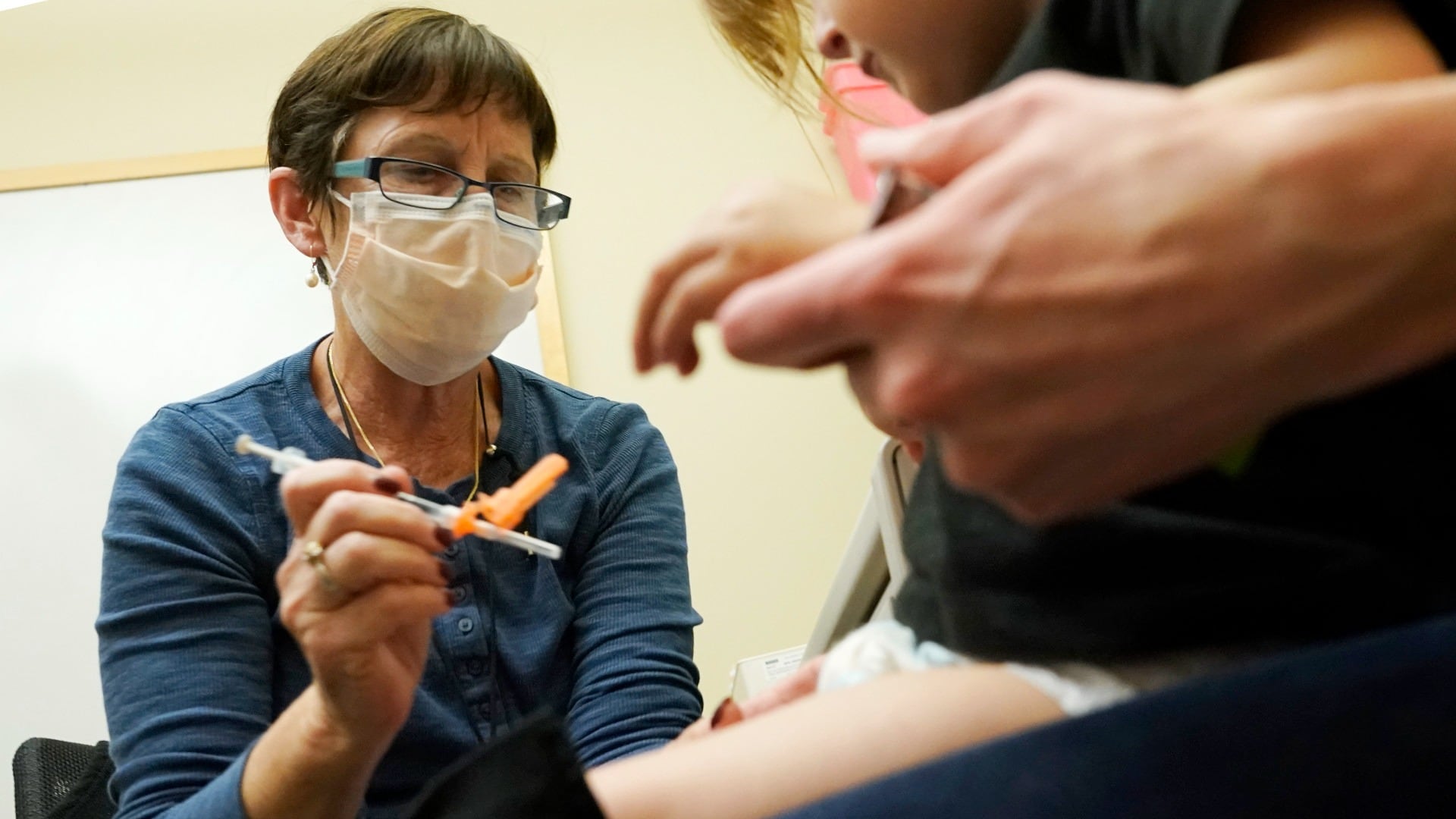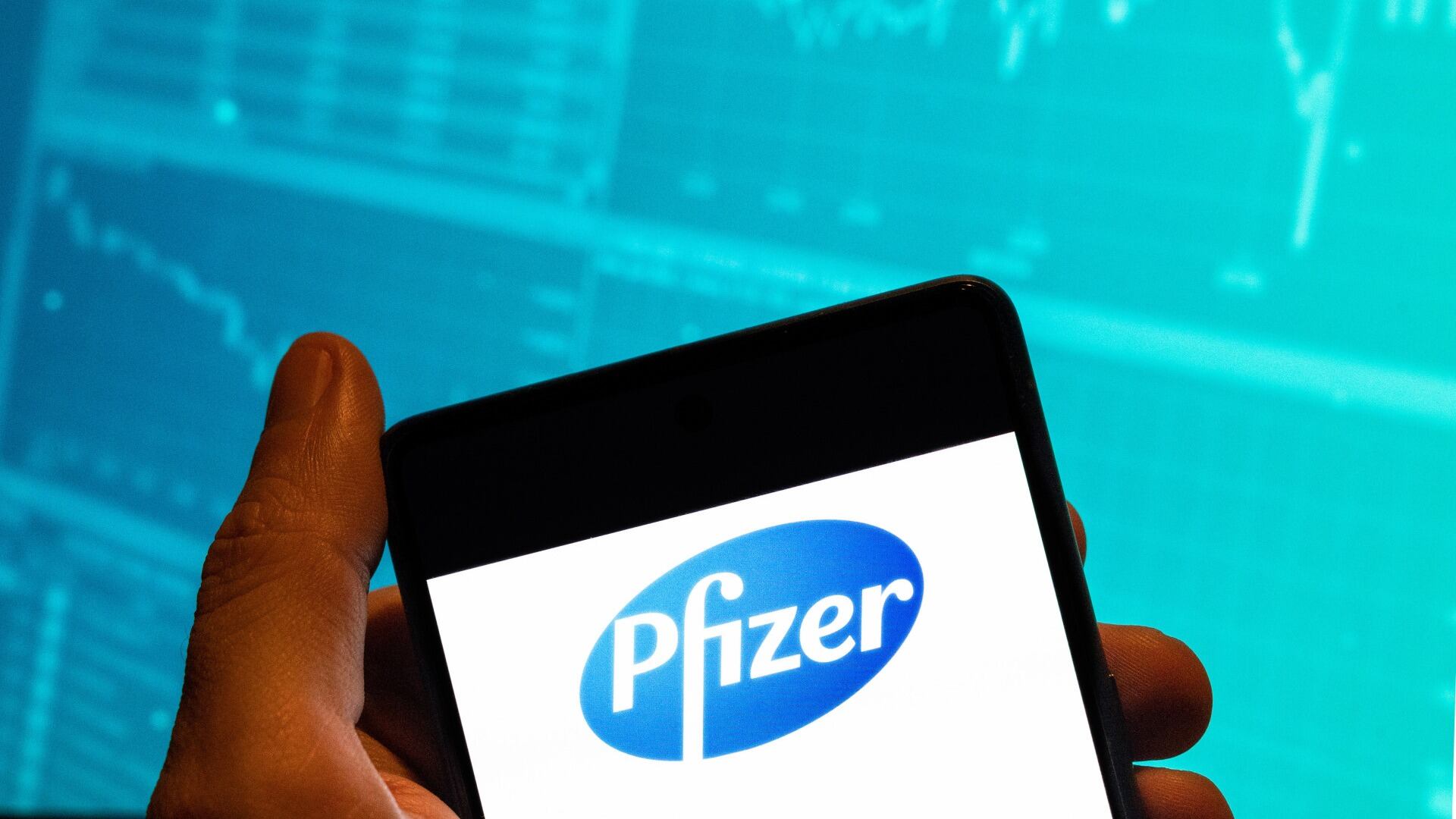Dina Fine Maron, health & science editor at Scientific American, discusses the breakthrough that could help doctors diagnose mental illnesses. Stem cells have enabled researchers to see how lithium affects the brain.
Researchers are converting patients skin cells into brain cells through genetic instruction. This allows them to look at the brain cells of a person with bipolar disorder and better understand how to treat it.
Maron explains this breakthrough will allow doctors to customize a patient's treatment plan, instead of giving them the same treatment given to everyone. Maron says the hope is one day researchers will be able to expose a patient's cells to a particular drug and see how they react before prescribing the drug to an actual patient.
OceanGate Expeditions on Thursday said pilot and chief executive Stockton Rush, along with passengers Shahzada Dawood and his son Suleman Dawood, Hamish Harding, and Paul-Henri Nargeolet “have sadly been lost.”
A new study on loneliness is showing it may not only affect mental health, but it may also be bad for the bones. However, the study found it impacts one group in particular: men. Amid concerns about the rising epidemic of loneliness, researchers wanted to take a closer look at its effects.
Be Well: 2-Minute Morning Stretch Routine
Be Well: Celebrity Trainer Bob Harper Talks Heart Health
A new study from Finland found that "night owls," or people who tend to stay up late, don't live as long as those who go to bed early and wake up early as well.
Confidence in the scientific community declined among U.S. adults in 2022, a major survey shows, driven by a partisan divide in views of both science and medicine that emerged during the COVID-19 pandemic.
The American Cancer Society estimates that over 20,000 new cancer cases in Connecticut this year alone. But there's a concerning shortage of chemotherapy drugs in the state and across the country. News 12 reporter Mark Sudol tells us why and what can be done.
A jury in Oregon says the electric utility PacifiCorp must pay punitive damages for causing devastating wildfires in 2020 — on top of an earlier verdict already expected to amount to billions of dollars.
Pfizer is warning that an antibiotic used to treat syphilis and other bacterial infections in young people are likely to run out by the end of this quarter.
Be Well: Alex Rodriguez on the Importance of Dental Hygiene Following Gum Disease Diagnosis












